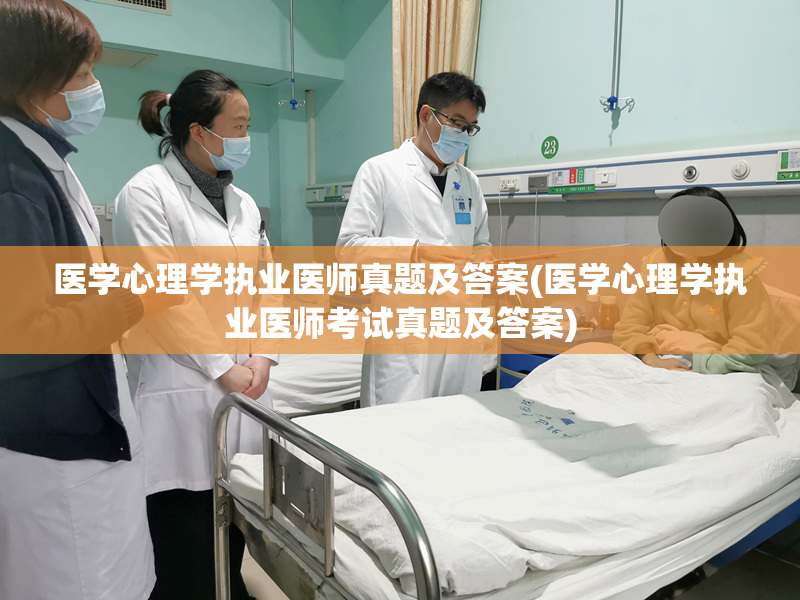Impact of Vaccination on Immunity Against Infectious Diseases
The use of vaccines is considered one of the most effective ways to prevent and control the spread of infectious diseases. Vaccines work by activating the immune system to produce an immune response against a specific pathogen. This results in the development of long-term immunity, which can protect individuals against future infection by the same pathogen. Vaccines have played a crucial role in reducing the incidence of many infectious diseases, such as measles, polio, and tetanus.

One of the key benefits of vaccines is their ability to induce herd immunity. Herd immunity occurs when a significant proportion of the population becomes immune to a disease, either through vaccination or previous infection. This reduces the overall transmission of the disease, making it less likely for the disease to spread and infect vulnerable populations such as infants, the elderly, and those with compromised immune systems.
However, the level of herd immunity required to prevent disease outbreaks varies depending on the specific disease. For example, highly contagious diseases such as measles require a higher level of herd immunity (around 95%) compared to less contagious diseases such as polio (around 80%). Therefore, maintaining high vaccination rates is crucial to prevent the resurgence of infectious diseases.
The Role of Innate Immunity in Vaccination
Vaccines are designed to stimulate the adaptive immune system, which produces a specific response against a particular pathogen. However, the innate immune system also plays a critical role in vaccine-induced immunity. The innate immune system is the first line of defense against pathogens, and its activation can influence the quality and magnitude of the adaptive immune response.
For example, adjuvants are substances added to vaccines to enhance the immune response. Adjuvants work by activating the innate immune system, leading to increased antigen presentation and cytokine production, which can enhance the adaptive immune response. In addition, the innate immune system can also influence the duration and quality of the memory B and T cell responses, which are critical for long-term immunity.
Furthermore, recent studies have suggested that the innate immune system can also influence the development of vaccine-induced immunity in certain populations, such as infants and the elderly. For example, infants have an immature adaptive immune system, and as a result, rely heavily on the innate immune system for protection against pathogens. Therefore, vaccines designed to activate the innate immune system may be particularly effective in this population.
Challenges in Developing Effective Vaccines
Despite the success of vaccines in preventing and controlling infectious diseases, there are still many challenges in developing effective vaccines. One major challenge is the high variability of pathogens, which can rapidly mutate and evade the immune response. This is particularly relevant for viruses such as influenza, which can undergo antigenic drift and shift, making it difficult to predict which strains will circulate during a given season.
In addition, developing vaccines for certain populations, such as pregnant women or individuals with compromised immune systems, can be particularly challenging. Pregnant women have unique immunological changes that can both benefit and hinder vaccine-induced immunity. Therefore, developing safe and effective vaccines for this population requires careful consideration of the risks and benefits.
Finally, the high cost and complexity of vaccine development and production can also be a challenge. Developing a new vaccine can take several years and cost millions of dollars, making it difficult for smaller companies or academic institutions to enter the market.
The Future of Vaccination and Immunity
Despite the challenges, vaccination remains one of the most effective public health interventions for preventing and controlling infectious diseases. Ongoing research and development in immunology and vaccinology are leading to new and innovative approaches for vaccine design and delivery.
For example, recent advances in mRNA technology have led to the development of highly effective COVID-19 vaccines in a remarkably short period of time. In addition, the development of new adjuvants and delivery mechanisms, such as nanoparticle-based vaccines, holds promise for improving vaccine efficacy and reducing the need for boosters.
Furthermore, research into the mechanisms of immunity and immunological memory continues to shed light on how vaccines work and how to optimize their effectiveness. For example, understanding the role of T follicular helper cells in the development of long-term immunity could lead to the development of vaccines that provide durable protection against infectious diseases.
In conclusion, vaccines and immunity play a crucial role in preventing and controlling infectious diseases. Ongoing research and development are needed to address the challenges in vaccine design and delivery and to optimize the effectiveness of vaccination as a public health intervention.









